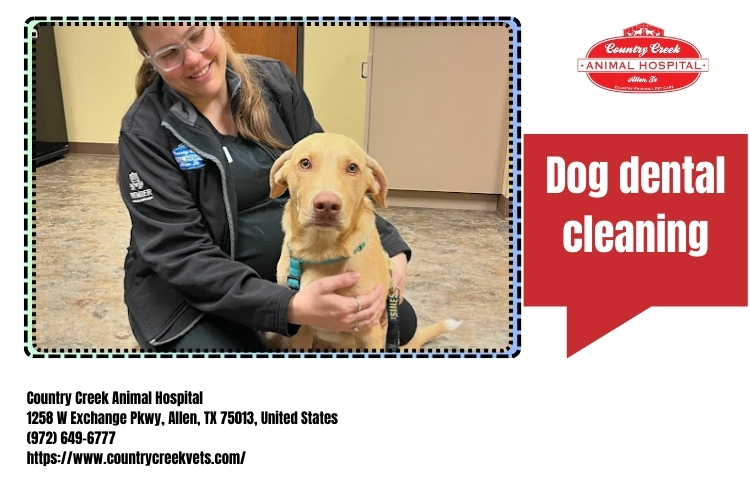Comprehensive Guide to Pet Vaccinations: Protecting Your Companion
In the realm of pet ownership, ensuring the health and well-being of our furry companions is paramount. One of the most effective ways to safeguard your pet's health is through vaccinations. This comprehensive guide will delve into everything you need to know about pet vaccinations, including types, schedules, benefits, and much more.
Understanding Pet Vaccinations
What Are Pet Vaccinations?
Pet vaccinations are medical preparations designed to stimulate an animal's immune system against specific infectious diseases. These vaccines contain antigens, which are weakened or inactive forms of pathogens that trigger an immune response without causing the disease itself.
Why Are Pet Vaccinations Important?
Vaccinations play a crucial role in preventing outbreaks of contagious diseases within both individual pets and larger populations. They not only protect your companion but also help in maintaining herd immunity among animals in the community.
Types of Pet Vaccinations
Core Vaccines vs. Non-Core Vaccines
Vaccines can be classified into two main categories: core and non-core.
Core Vaccines
These are essential for all pets, regardless of their lifestyle or environment. They protect against severe diseases such as:

Rabies: A fatal viral infection that affects the brain and spinal cord. Distemper: A highly contagious viral disease affecting dogs. Parvovirus: A severe gastrointestinal disease primarily affecting puppies.
Non-Core Vaccines
These vaccines are recommended based on a pet’s lifestyle or geographic location. For example:
Bordetella (Kennel Cough): Recommended for pets frequently exposed to other animals. Lyme Disease: Essential for dogs living in areas where ticks are prevalent.
Vaccination Schedule for Pets
Puppy and Kitten Vaccination Timeline
The vaccination schedule begins early in life. Here’s a typical timeline:
6-8 Weeks: First round of core vaccinations (Distemper, Parvovirus). 10-12 Weeks: Second round of core vaccinations; may include Bordetella. 14-16 Weeks: Final round of core vaccinations; Rabies is usually administered at this stage.
Adult Dog and Cat Vaccination Timeline
For adult pets, booster shots are required periodically:

Annual boosters for Rabies and Distemper. Every three years for certain vaccines depending on local laws.
Benefits of Regular Pet Vaccinations
Protection Against Diseases
Vaccinations significantly reduce the risk of contracting serious illnesses. For instance, rabies remains a deadly threat worldwide, but vaccination has dramatically decreased its incidence in pets.
Cost Savings Over Time
Preventative care through vaccinations can save money in the long run by avoiding expensive treatments for diseases that could have been prevented.
Risks Associated with Pet Vaccinations
While rare, some pets may experience mild side effects from vaccinations, such as:
Fever Lethargy Swelling at injection site
Severe reactions are extremely uncommon but require immediate veterinary attention.
Choosing a Veterinarian for Your Pet's Needs
When looking for a reputable veterinarian or pet hospital near you, consider factors such as experience, services offered (like pet dental care), and proximity. Country Creek Animal Hospital is one such facility known for its excellent service and commitment to pet wellness exams.
Country Creek Animal Hospital Contact Information
Contact Us
Country Creek Animal Hospital
Address: 1258 W Exchange Pkwy, Allen, TX 75013, United States
Phone: (972) 649-6777
The Role of Pet Wellness Exams in Preventative Care
Regular wellness exams complement vaccination protocols by allowing veterinarians to assess your pet's overall health status. These examinations can identify potential issues before they become significant problems.
Components of a Typical Wellness Exam
Comprehensive physical examination Weight assessment Dental check-up Discussion about dietary needs
Common Myths About Pet Vaccinations Debunked
Myth 1: "Once My Pet Is Vaccinated, They’re Protected for Life"
This myth overlooks the necessity for booster shots at appropriate intervals as discussed earlier.
Myth 2: "Vaccines Are Only Necessary When Health Issues Arise"
Prevention is always better than cure! Regular vaccinations prevent many health issues before they even start.

Holistic Approaches to Pet Health Alongside Vaccinations
While vaccinations are vital, they should be part of a holistic approach that includes nutrition, exercise, and mental stimulation.
Nutrition
High-quality food tailored to your pet’s age and breed plays an essential role in their immunity and overall health.
Exercise
Regular physical activity not only keeps pets fit but also helps maintain mental health by reducing anxiety and stress levels.
FAQ Section
li18/ol2/ul6li19li19/ul6/ol3li20# Can I skip my pet’s vaccination if they seem healthy? It’s advisable not to skip vaccinations as many diseases present no obvious symptoms until it’s too late. li22/ol4/ul8li23li23/ul8/ol5li24# Are there alternatives to traditional vaccines? Some holistic practices suggest titer testing instead of standard vaccination schedules; consult your veterinarian about this option. li26/ol6/ul10li27li27/ul10/ol7li28# Where can I find reliable information about pet vaccinations? Trusted resources include your veterinarian or accredited animal health organizations like the American Veterinary Medical Association (AVMA).
Conclusion
In conclusion, protecting your companion through proper vaccination is fundamental to ensuring their long-term health and happiness. By understanding core versus non-core vaccines and adhering strictly to vaccination schedules while complementing them with regular wellness exams from facilities like Country Creek Animal Hospital—you're well on your way to being a responsible pet owner who prioritizes their furry friend's wellbeing!
Your dedication today ensures many happy tomorrows with your beloved pets by safeguarding them from preventable illnesses through effective vaccination strategies outlined in this Comprehensive Guide to Pet Vaccinations: Protecting Your Companion. Always stay informed about new recommendations from veterinary professionals as science continues evolving in animal healthcare!